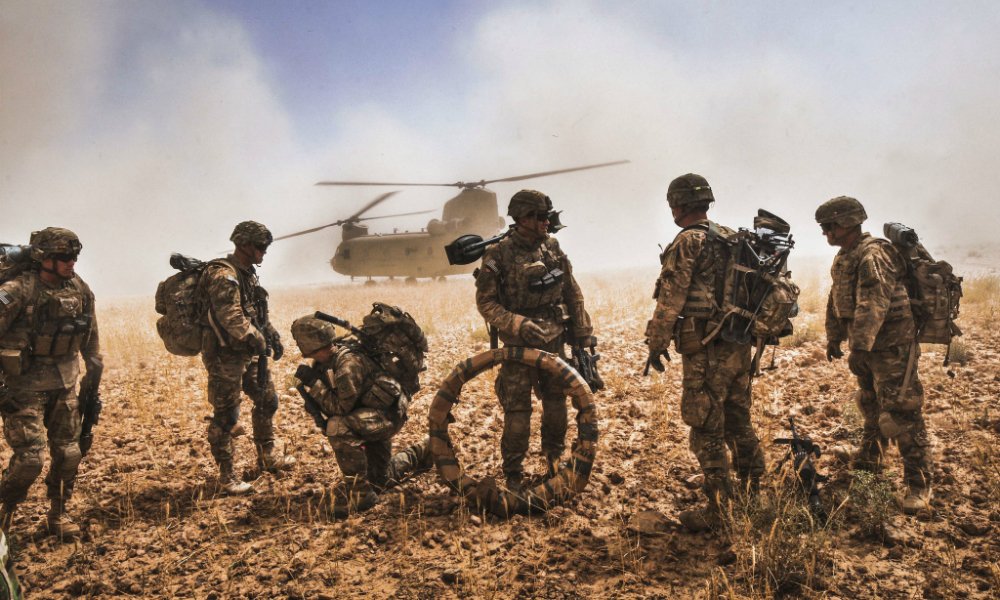
Introduction: Battle Need: Understanding the Core of Human Conflict
The concept of “battle need” isn’t merely a romanticized or glorified idea often associated with tales of glory and honor on the battlefield. At its core, it is a fundamental aspect of human nature, deeply embedded in our psyche and historical evolution. Human beings have long engaged in conflicts for reasons ranging from survival to power, and these battles—whether physical, psychological, or strategic—are influenced by an innate need that drives the necessity for warfare.
This need is not just a mere desire for conquest but is rooted in the complexities of defense, protection, territory, and even ideological survival. But why is it that throughout history, humans have continuously felt the need for battle? In this article, we delve into the intricacies of this powerful driving force, unraveling its historical significance, psychological components, and societal implications.
The Historical Evolution of Battle Need
The history of mankind is, in many ways, the history of battle. From the earliest days of human existence, conflict has been a primary means of resolving disputes over resources, territory, and dominance. Prehistoric tribes would engage in battles to defend their lands, food sources, and communities. As civilizations evolved, so too did the nature of warfare, but the “need” for battle has remained consistent.
One might argue that the need for battle stems from the primal instinct to survive. Early humans faced a harsh and unforgiving environment, where survival of the fittest was not merely a theory but a reality. This led to a natural evolution where only those capable of fighting for their existence thrived. The concept of “battle need” was ingrained in the earliest societies as they sought to establish dominance and secure their future in a world of limited resources and constant threats.
Psychological Dimensions of Battle Need
On a psychological level, the need for battle taps into several deep-seated human emotions and instincts. The primal fight-or-flight response is an inherent aspect of the human condition. In times of perceived danger, the human body and mind are hardwired to respond in a manner that maximizes the chances of survival. However, battle need goes beyond this basic survival instinct.
The concept of honor, pride, and legacy often plays a significant role in driving individuals and groups to war. For centuries, societies have placed tremendous value on concepts like bravery and valor, with battle often seen as a proving ground for these ideals. This psychological allure of conflict has long fueled the drive to engage in battle, with individuals seeking to prove their worth on the battlefield or within competitive arenas.
The Role of Resources and Power in Battle Need
One of the most significant driving forces behind the battle need has always been the quest for resources and power. Throughout history, conflicts have often arisen from disputes over scarce resources such as food, water, and land. As societies became more complex, the pursuit of power and influence began to play a more prominent role in the battle need.
Empires throughout history, such as the Roman Empire, the Mongol Empire, and the British Empire, expanded their territories through conquest, driven by the need to access new resources, control trade routes, and solidify their power on the global stage. The battle need in these cases was not just about survival but also about establishing dominance and creating long-lasting legacies of influence and control.
Technological Advancements and Battle Need
Technology has always played a crucial role in the evolution of warfare, and with each new technological advancement, the nature of battle and the reasons behind it have shifted. From the invention of the bow and arrow to the development of nuclear weapons, technological progress has significantly influenced how battles are fought and why they are necessary.
The advent of more sophisticated weapons and communication tools has made warfare not only more destructive but also more strategic. The battle need in the modern world often revolves around the technological arms race, where nations seek to develop superior military capabilities to assert their dominance and deter potential aggressors. In this sense, technology has become a central aspect of the battle need, fueling conflicts even in an age where diplomacy and international law play a larger role than ever before.
The Ideological Battle Need: Wars of Belief and Ideology
In addition to resources and power, ideology has been a major factor driving the need for battle. Wars of religion, nationalism, and political belief have shaped much of human history. The battle need here is not merely about survival or control but about the clash of fundamentally different worldviews.
Conflicts like the Crusades, the World Wars, and the Cold War were deeply rooted in ideological differences. The need to defend or promote a particular belief system has led to some of the bloodiest and most prolonged conflicts in human history. In these instances, the battle need was driven by a desire to uphold certain values and ways of life, often at the cost of countless lives.
Battle Need in the Modern Era: Geopolitical Tensions and Proxy Wars
In the modern era, the battle need has become more complex and nuanced. Direct warfare between superpowers is less common, but the need for battle manifests through geopolitical tensions and proxy wars. Countries engage in conflicts indirectly, supporting different factions in regions of strategic importance to protect their interests.
The Cold War is an example of how battle need has evolved. Rather than engaging in direct conflict, the United States and the Soviet Union participated in proxy wars, such as those in Korea and Vietnam, to assert their ideological dominance. This shift in the nature of warfare reflects the changing dynamics of battle need in a world where direct confrontation between nuclear-armed superpowers would result in catastrophic consequences.
The Psychological Impact of Battle: Warriors and Societies
The impact of the battle need extends beyond the battlefield. Warriors and soldiers often face psychological challenges both during and after conflict. Post-traumatic stress disorder (PTSD), depression, and anxiety are common among veterans, reflecting the toll that battle takes on the human psyche.
Moreover, societies that engage in prolonged conflicts often experience significant changes in their social fabric. War can lead to the militarization of a society, with values like discipline, obedience, and patriotism becoming central to its identity. However, the costs of battle, both in terms of human lives and psychological well-being, raise important questions about the necessity and ethics of warfare.
The Ethical Debate Surrounding Battle Need
As warfare has evolved, so too has the ethical debate surrounding the need for battle. While some argue that conflict is a necessary part of human existence, others question whether the costs of battle outweigh the benefits. This debate has become especially relevant in the context of modern warfare, where the potential for mass destruction is higher than ever before.
The development of weapons of mass destruction, such as nuclear bombs, has raised the stakes of warfare to unprecedented levels. In this context, the battle need is often framed as a question of deterrence rather than direct conflict. The concept of mutually assured destruction (MAD) has become central to global security, with superpowers maintaining vast arsenals of nuclear weapons to prevent war rather than to engage in it.
Conclusion: The Ongoing Battle Need
The need for battle has been a constant throughout human history, shaping societies, empires, and the world as we know it. Whether driven by survival, resources, power, or ideology, the need for battle has remained a fundamental aspect of the human experience. However, as the world continues to evolve, so too does the nature of this need.
In the modern era, the battle need is often more about maintaining balance and deterring conflict than engaging in direct warfare. But the primal instincts that have driven humans to fight for millennia remain present, reminding us that the battle need, in its various forms, will likely continue to influence the course of human history for generations to come.








